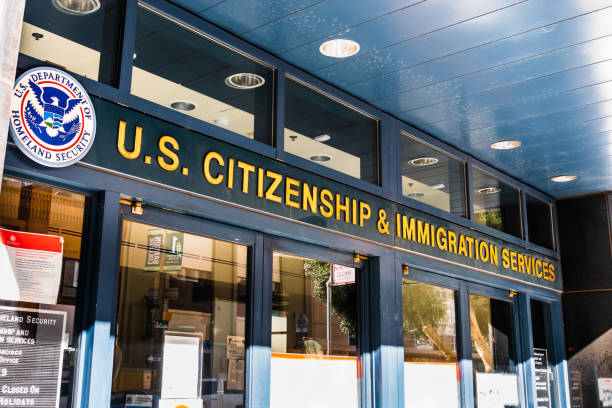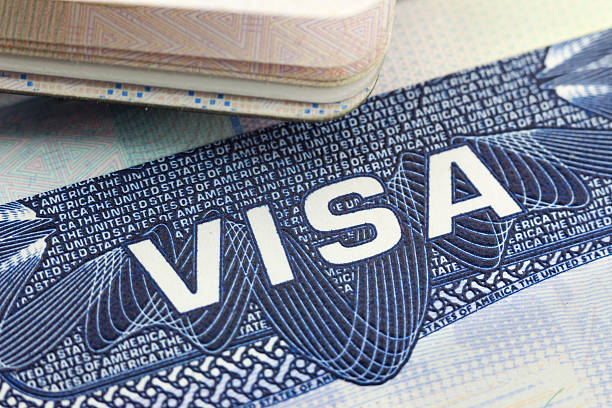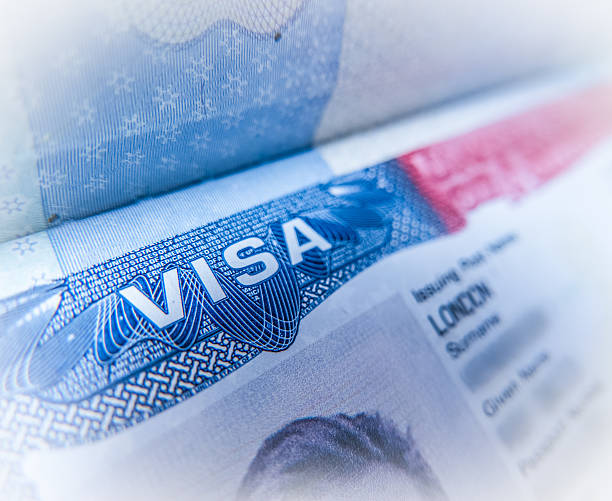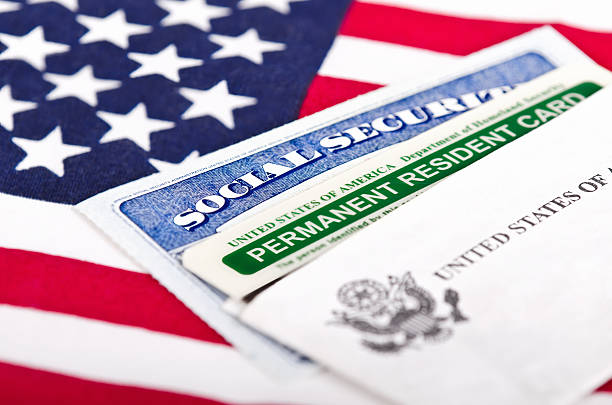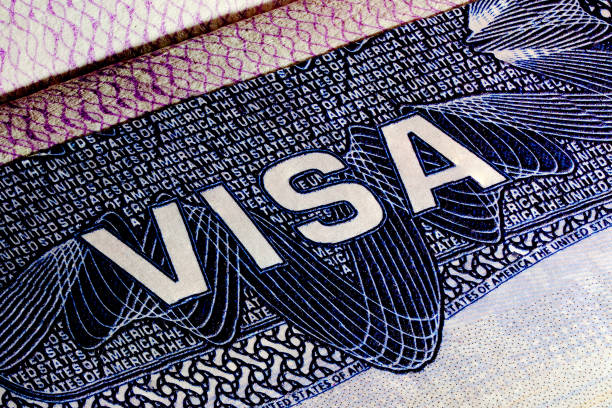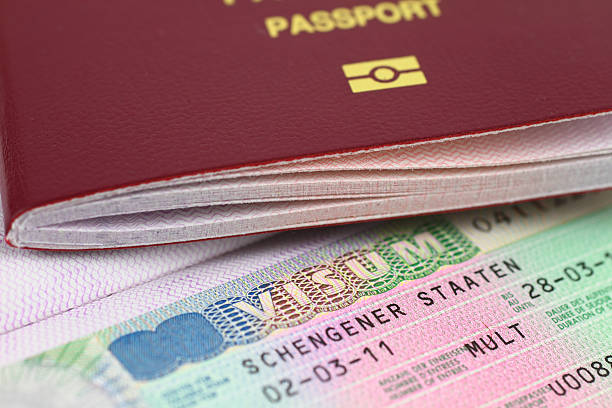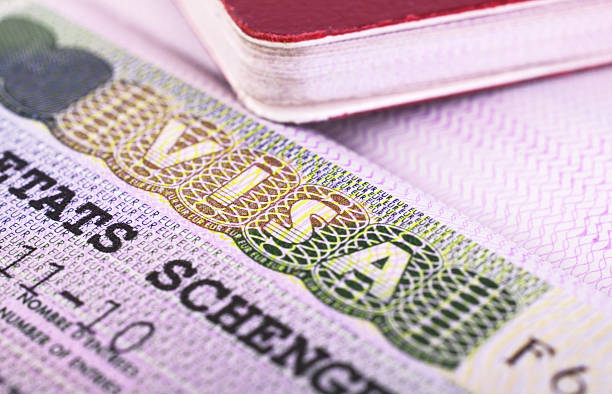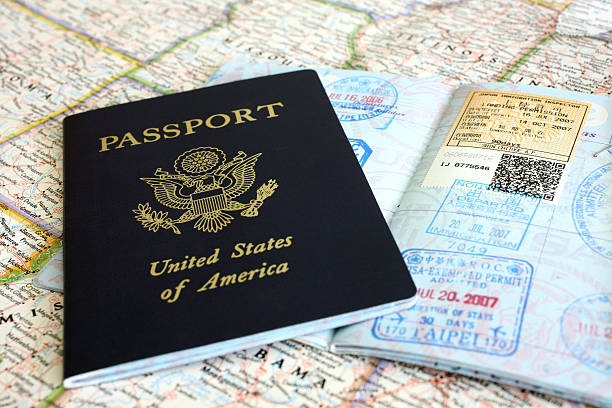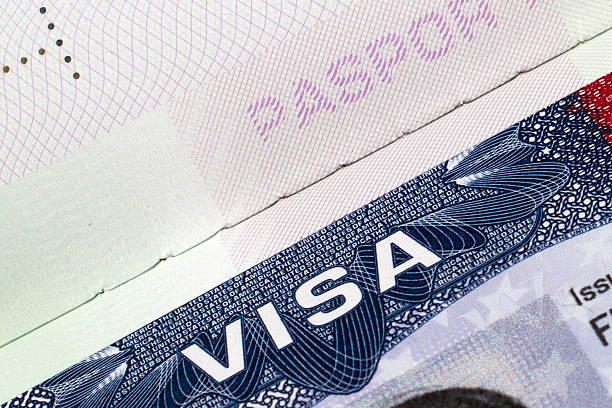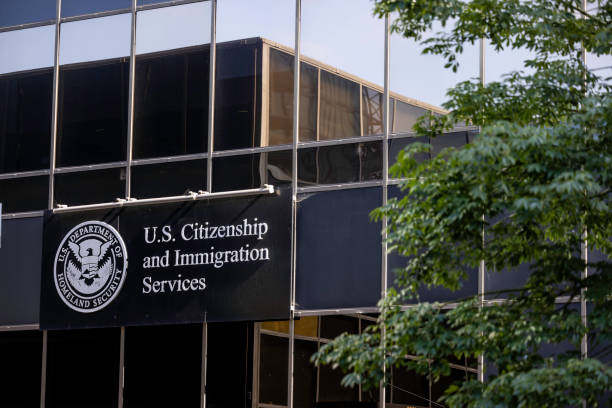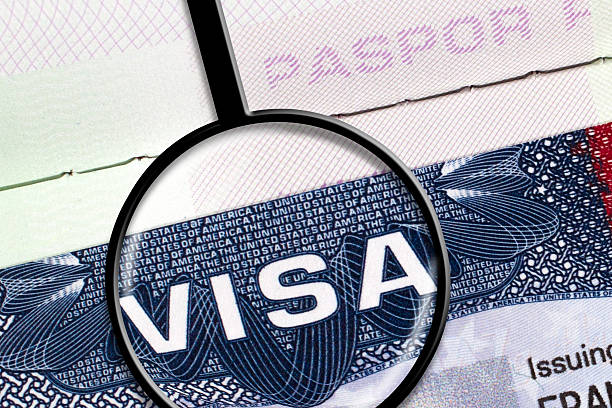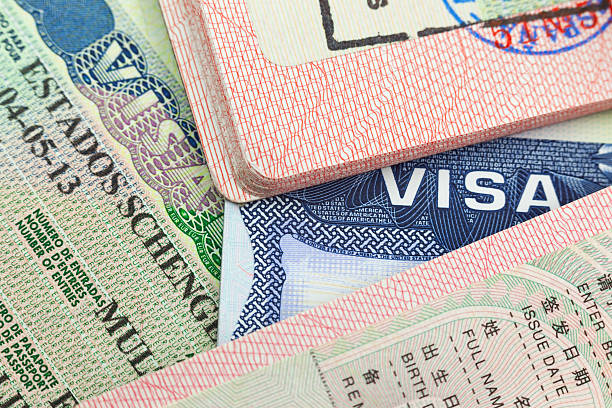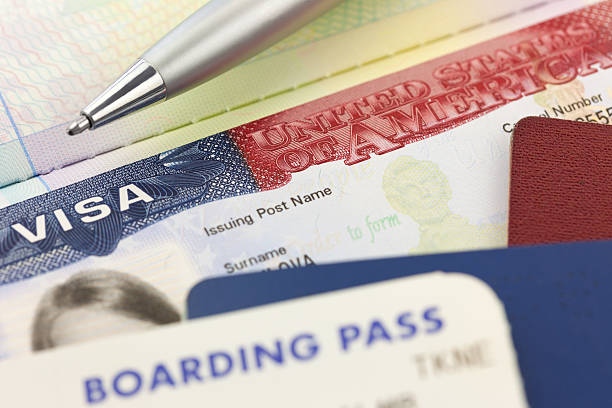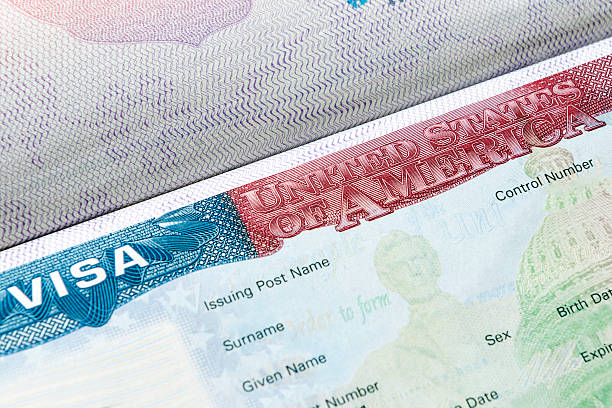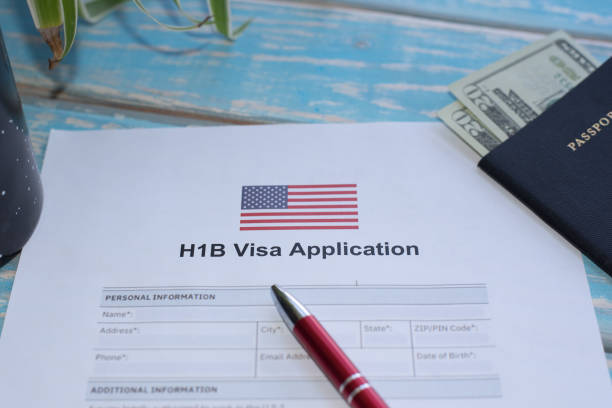
The Importance of Cultural Sensitivity in Immigration
The Importance of Cultural Sensitivity in Immigration
Immigration is a complex and multifaceted process that involves more than just moving from one country to another. It requires adapting to new cultures, languages, and social norms. Cultural sensitivity plays a crucial role in this transition, as it helps both immigrants and host communities navigate the challenges and opportunities that come with cultural diversity. This article explores the importance of cultural sensitivity in immigration and provides insights into how it can be fostered for a more inclusive and harmonious society.
1. Understanding Cultural Sensitivity
Cultural sensitivity refers to the awareness and respect for cultural differences and the ability to interact effectively with people from diverse backgrounds. It involves recognizing that one's own culture is not the only way of seeing and experiencing the world and being open to learning from others.
In the context of immigration, cultural sensitivity means acknowledging the unique experiences and challenges that immigrants face and creating an environment where they feel respected and valued. It also involves understanding the cultural nuances that influence behavior, communication, and social interactions.
2. Benefits of Cultural Sensitivity in Immigration
Cultural sensitivity has numerous benefits for both immigrants and host communities. Here are some key advantages:
2.1. Enhanced Communication
Effective communication is essential for building relationships and fostering understanding. Cultural sensitivity helps bridge language barriers and reduces misunderstandings, making it easier for immigrants to integrate into their new communities.
For example, understanding non-verbal communication cues, such as body language and gestures, can prevent misinterpretations and promote positive interactions.
2.2. Improved Social Integration
When host communities are culturally sensitive, immigrants are more likely to feel welcomed and accepted. This sense of belonging is crucial for social integration and can lead to greater participation in community activities, education, and the workforce.
Cultural sensitivity also helps mitigate feelings of isolation and alienation that immigrants might experience, promoting mental and emotional well-being.
2.3. Enriched Cultural Exchange
Cultural diversity brings a wealth of knowledge, traditions, and perspectives to a community. Cultural sensitivity fosters an environment where this diversity is celebrated and valued, leading to enriched cultural exchange and mutual learning.
For instance, communities that embrace cultural diversity often benefit from diverse culinary experiences, artistic expressions, and innovative ideas.
2.4. Economic Benefits
Immigrants contribute to the economy in various ways, such as filling labor shortages, starting businesses, and bringing new skills and expertise. Cultural sensitivity in the workplace ensures that immigrants can thrive and contribute effectively, leading to economic growth and prosperity.
Employers who prioritize cultural sensitivity are better equipped to harness the talents of a diverse workforce, fostering innovation and competitiveness.
3. Promoting Cultural Sensitivity
Promoting cultural sensitivity requires a concerted effort from individuals, organizations, and governments. Here are some strategies to foster cultural sensitivity in immigration:
3.1. Education and Awareness
Education is a powerful tool for promoting cultural sensitivity. Schools, workplaces, and community organizations can offer training and workshops on cultural diversity, inclusion, and intercultural communication.
For example, Cultural Orientation Resource Center provides resources and training to help communities support immigrants and refugees.
3.2. Inclusive Policies and Practices
Governments and organizations can implement policies and practices that promote cultural sensitivity and inclusion. This includes providing language support services, ensuring equal access to resources and opportunities, and protecting the rights of immigrants.
For instance, the U.S. Citizenship and Immigration Services (USCIS) offers resources and programs to help immigrants integrate and contribute to their communities.
3.3. Community Engagement
Community engagement is essential for building cultural sensitivity. Host communities can create opportunities for cultural exchange and dialogue, such as cultural festivals, community events, and intercultural activities.
Organizations like InterNations provide platforms for expatriates and locals to connect and share experiences, fostering mutual understanding and respect.
3.4. Personal Reflection and Growth
Individuals can promote cultural sensitivity by reflecting on their own cultural biases and stereotypes and actively seeking to understand and appreciate other cultures. This involves being open-minded, curious, and respectful in interactions with people from different backgrounds.
Engaging with diverse communities, traveling, and learning new languages are excellent ways to broaden one's cultural perspective.
4. Challenges to Cultural Sensitivity
Despite its importance, promoting cultural sensitivity in immigration is not without challenges. Some common obstacles include:
4.1. Prejudice and Discrimination
Prejudice and discrimination can hinder cultural sensitivity and create barriers to integration. Addressing these issues requires ongoing efforts to promote tolerance, equity, and social justice.
4.2. Language Barriers
Language barriers can impede communication and understanding. Providing language support services and encouraging language learning can help overcome these challenges.
4.3. Cultural Misunderstandings
Cultural misunderstandings can arise from differences in values, norms, and behaviors. Open dialogue and education are essential for resolving these misunderstandings and building mutual respect.
Conclusion
Cultural sensitivity is crucial for the successful integration of immigrants and the creation of inclusive, harmonious societies. By fostering awareness, understanding, and respect for cultural differences, we can enhance communication, social integration, and economic prosperity. Promoting cultural sensitivity requires collective efforts from individuals, organizations, and governments to create a welcoming and supportive environment for all.
For more information on promoting cultural sensitivity, visit Global Citizen and UNESCO.








